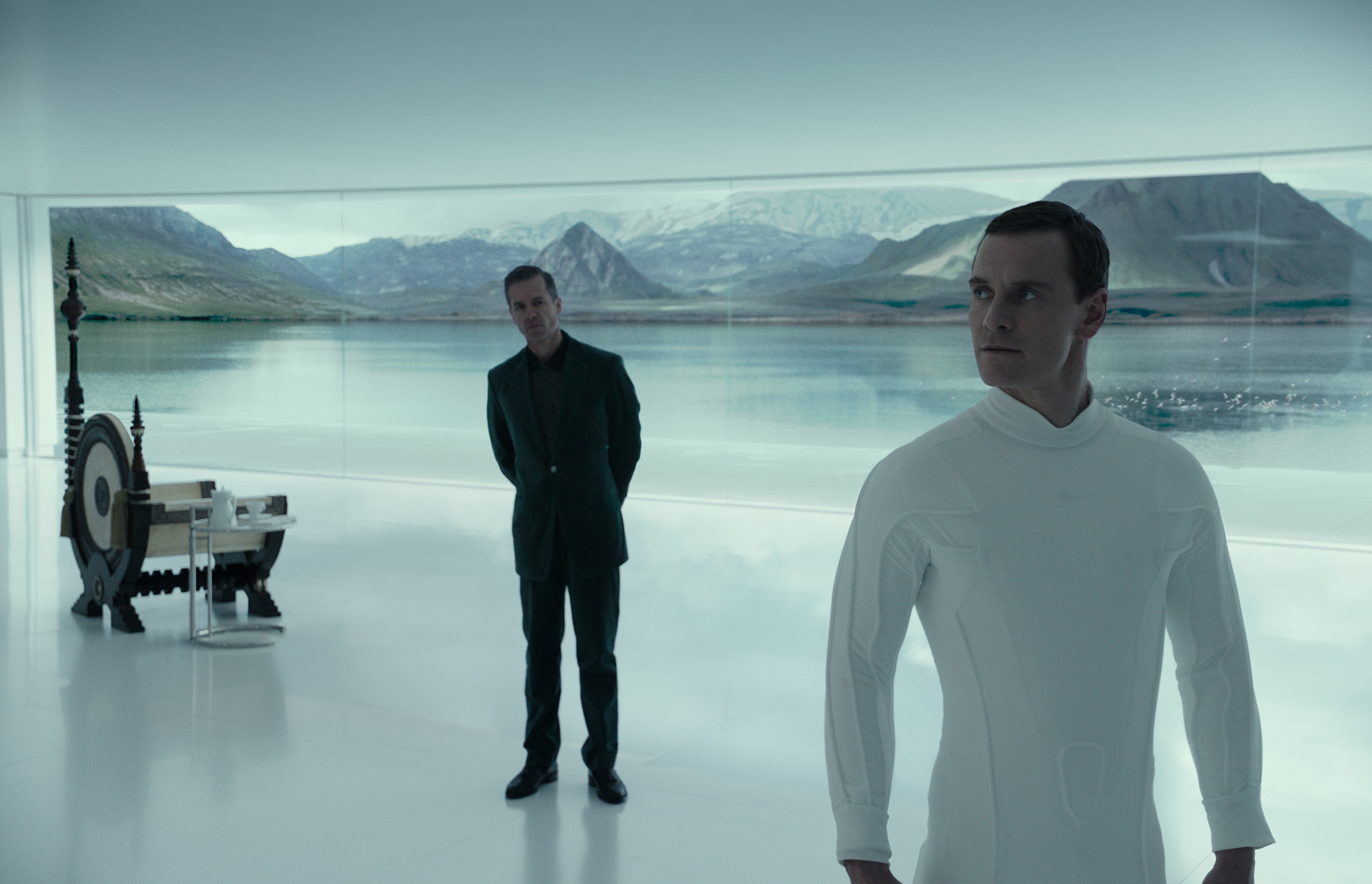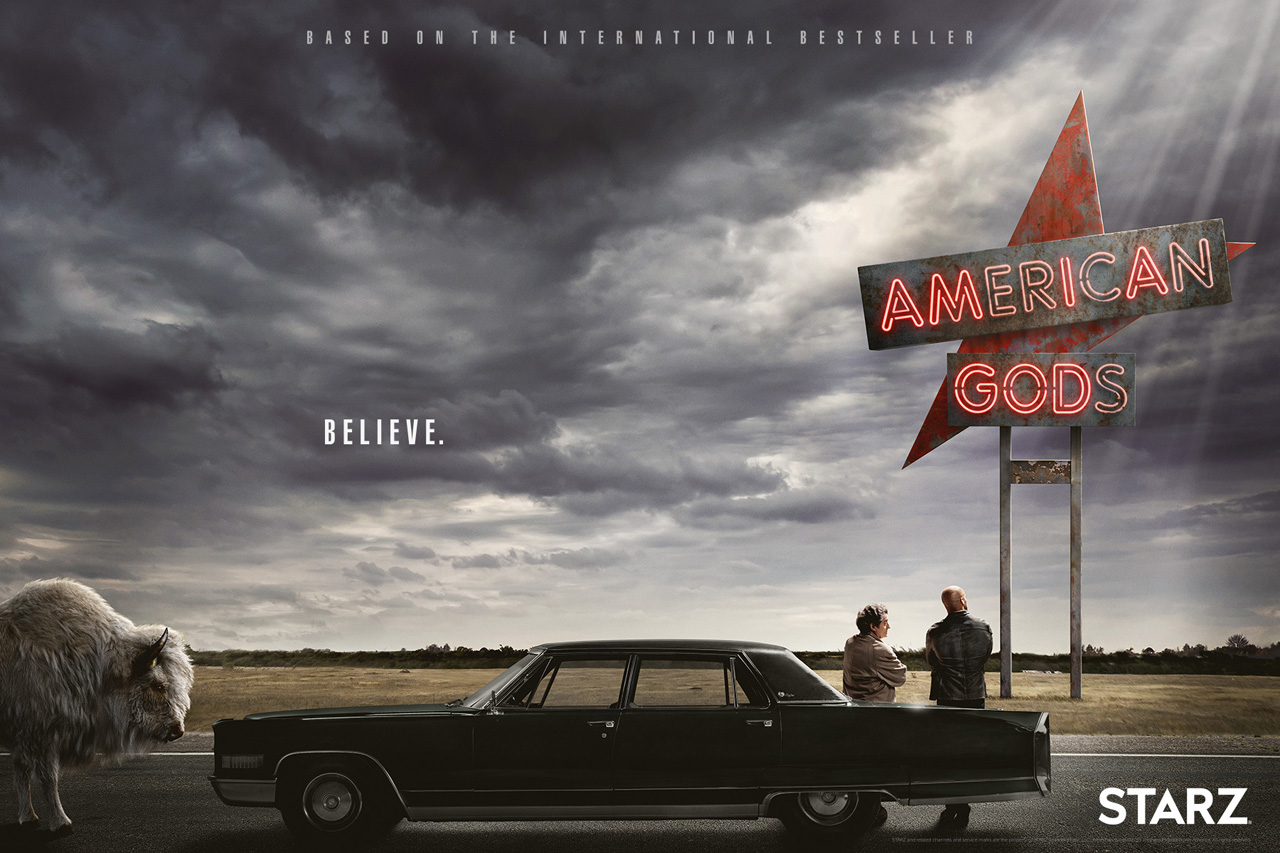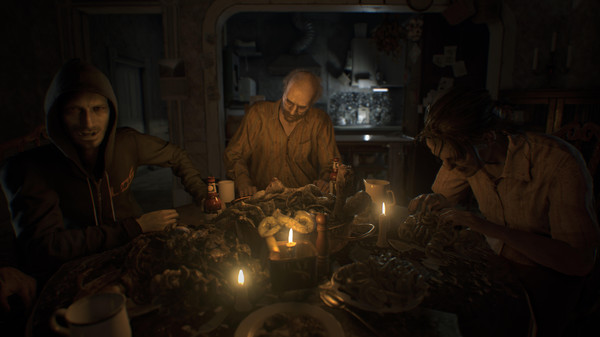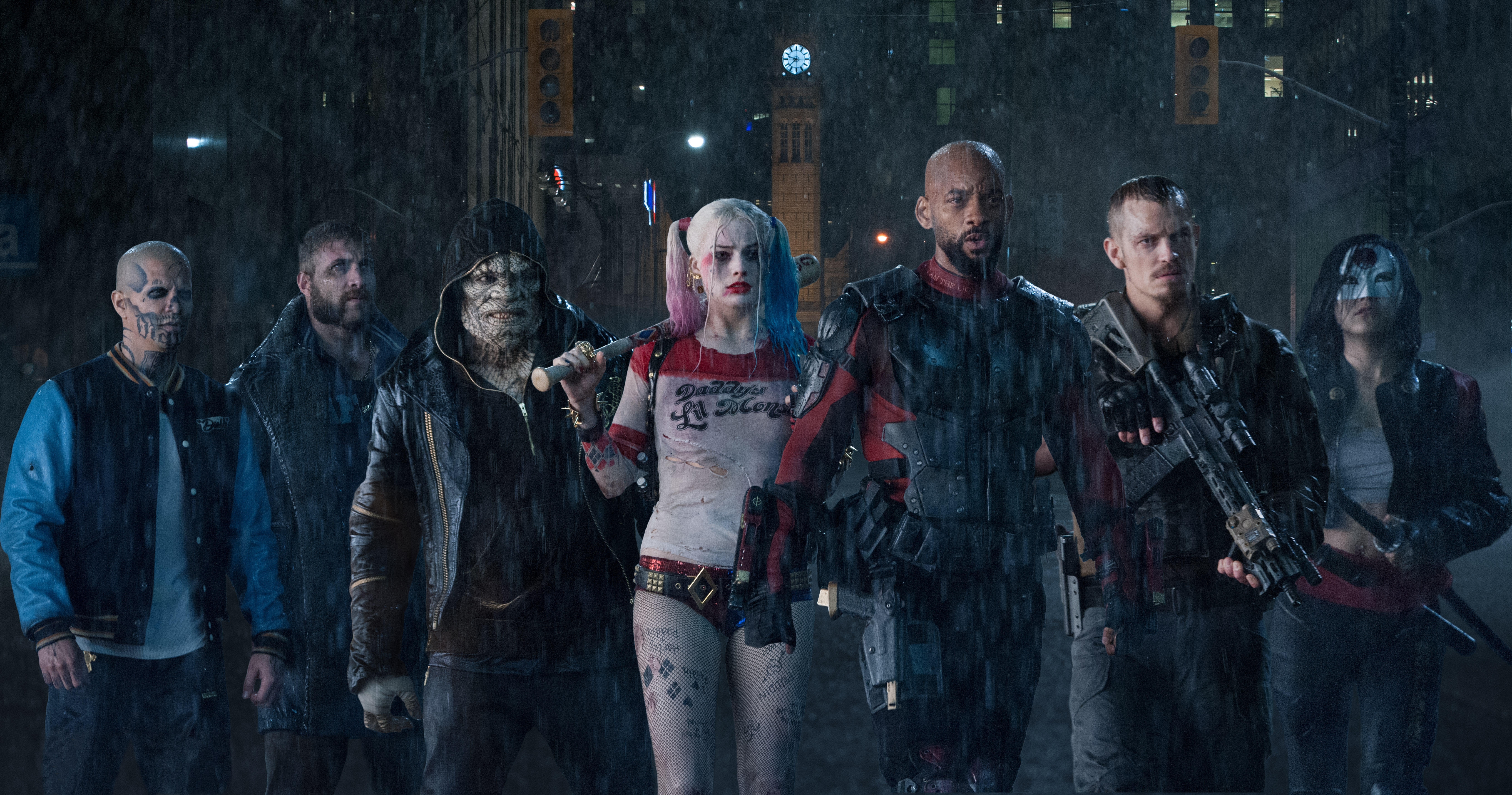It’s helpful to know going in that Alien: Covenant is more of a Prometheus sequel than it is an Alien film. Despite an ad campaign that emphasizes the infamous xenomorph alien and a return to the franchise’s roots, director Ridley Scott is far more interested in the questions he raised in 2012’s controversial Alien prequel. This should come as no surprise for anybody who’s been keeping up with Ridley, who declared the original alien creature “done. Cooked” in 2014. He’s been envisioning a sequel to Prometheus for some time, and didn’t come around to re-introducing the xenomorph until fairly recently.
Given Scott’s hesitancy to fall back on the iconic beast, Alien: Covenant is noteworthy for how well it bridges the gap between Prometheus and Alien. The film takes some bold creative risks in merging the two stories, but ultimately does so in a way that the xenomorph is not only compatible, but integral to the story being told. It’s the last line in an increasingly long line of creations and creators, all with complex relationships to those that made them and those that they will create.




